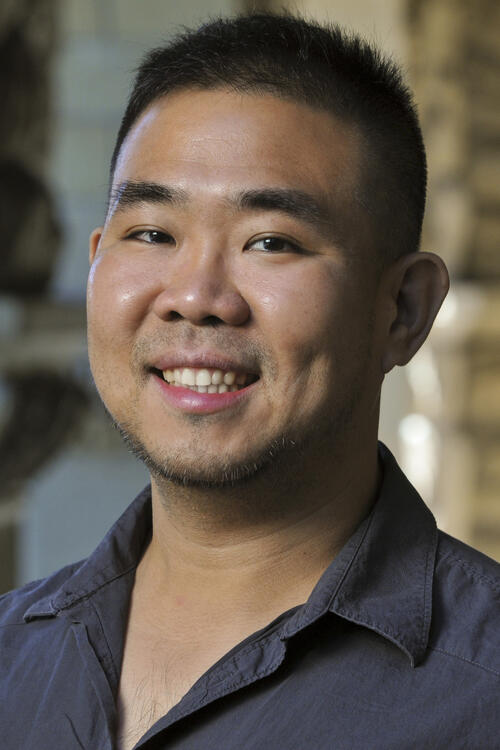Welfare Analysis of the Universal Health Care Program in Thailand
Welfare Analysis of the Universal Health Care Program in Thailand
Monday, January 29, 201812:00 PM - 1:30 PM (Pacific)
Encina Hall, Third Floor, Central, C330
616 Jane Stanford Way, Stanford, CA 94305
I estimate and decompose the welfare benefit of Thailand's universal health care policy, also known as the “30 Baht program”. The total welfare impact of the 30 Baht program is defined as the amount of consumption that an enrollee would need to give up so as to leave her with the same expected utility as without the 30 Baht program. I find that the total welfare benefit is approximately 75 cents per dollar of government spending. The main source of the welfare effect can be attributed to improved consumption smoothing rather than increases in the consumption level. Using the difference in differences method, I find that the effect of the 30 Baht program on income is significantly positive, while the effect on consumption is slightly negative but not significant. This implies that the 30 Baht program has a positive impact on savings and future consumption, rather than current consumption.

